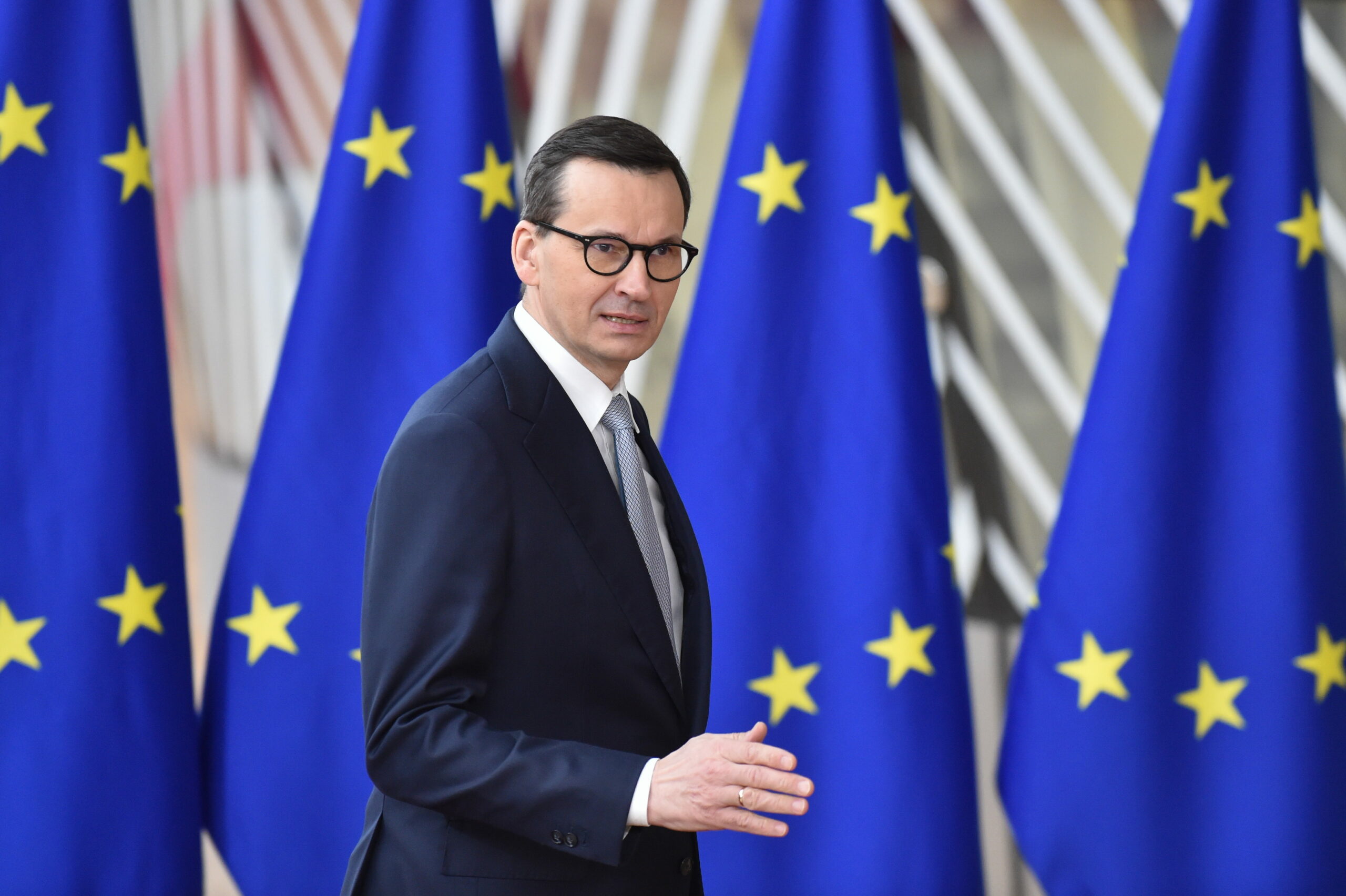What happens in Poland after the elections

Duda tasks Morawiecki with forming the new government. The practice of giving the position to the strongest party is not broken. Morawiecki tries to fish for parliamentarians, but the attempt seems destined to fail. However, the transition is getting longer and the climate between the Presidency of the Republic and the probable future government (Tusk) is becoming more hostile and suggests a turbulent coexistence.
As expected, the President of the Republic of Poland Andrzej Duda gave the outgoing head of government Mateusz Morawiecki the first mandate to form a new government. It was not an obvious step, since the party of which both politicians are an expression, the national-conservative Pis, does not seem to be able to build a parliamentary majority capable of supporting a new executive. And yet it was the most probable move because, despite the decline in consensus, the Pis is still the leading political force today and it is up to the parties, not the president, to untie the political and parliamentary knots.
POLAND AFTER THE ELECTIONS
Duda also followed a now consolidated parliamentary practice, according to which it is the party that has obtained the greatest consensus that has to play the first cards. So there is no scandal that the first ball is in the hands of Morawiecki, who however has very few cards to play. In recent years, Pis, which has been in government continuously since 2015, has lacked an alliance policy that could make up for the inevitable attrition of power. And a series of highly controversial initiatives (from justice reforms to abortion reforms, to name a few) have further isolated him politically. As long as the votes allowed for an absolute majority, the issue of alliances did not arise. Now it could cost dearly.
The three main opposition parties – from the conservative-liberals of Donald Tusk (in Europe in the EPP), to Terza Via (coalition of parties of Catholic-social inspiration), up to the rediscovered left of Nowa Lewica – have already drawn up a draft program for the legislature and their leaders said they were ready to form a government under Tusk's leadership.
MORAWIECKI HAS NARROW MARGINS
And therefore the room for maneuver for the outgoing prime minister is very limited. Pis, which obtained 194 seats, needs 37 to build a majority. Attention is currently focused on Terza Via (Trzecia Droga), the group made up of two rather heterogeneous centrist forces: PL 2050, linked at a European level to the liberal Renew Europe movement, and the PSL, member of the EPP. It obtained 65 seats. The leader is Szymon Holownia.
A few days ago Morawiecki attempted a first approach, even saying he was willing to give up the position of prime minister in favor of Holownia in order to form a new government with his party. A proposal that the recipient immediately sent back to the sender, reiterating that he wanted to form a new government with other centrist and left-wing parties and not with the national-conservative Pis.
Morawiecki only has to try a parliamentary fishing within the new Sejm, even risking a courtship with the far right of Konfederacja. “I want to appeal to those parliamentarians from Terza Via, Konfederacja and other parliamentary groups who have the social program, sovereignty and the issue of the fight against illegal immigration at heart,” he said again in recent days. And the fact that the prime minister in office looks across the board, and not just towards the far right, is also confirmed by another statement made after the vote, according to which it was a "mistake" on the part of the parliamentarians of Pis submit the request that led the constitutional court to introduce a near-total ban on abortion in 2020. Morawiecki argued that he had “always been a supporter” of the abortion law that existed before the court ruling and that he believed that l he tightening of the law may have contributed to Pis losing its parliamentary majority in last month's elections.
DIFFICULTIES AND HARDNESS
However, Morawiecki's attempt is unlikely to be successful. Indeed, it is likely that Duda's choice not to force institutional practice will prolong the transition phase in Polish politics, extending the time needed for the handover. However, the three opposition parties are already working on defining the coalition program.
Tusk, for his part, criticized Duda's decision as "an incomprehensible mistake." The opposition leader maintains the harsh tones that characterized the electoral campaign, accusing the current government of wanting to "steal a few more days, two or three weeks", but in the end this will only be a further "humiliation" for the losers of the elections. “We will see how unpatriotic and anti-citizen all this is,” concluded Tusk, “every day of delay in the change of government is a day lost for all Poles.”
Harsh tones that announce a difficult coexistence in the coming months between the government and the Presidency of the Republic. A tug of war that will not benefit the new executive, which would need a more serene climate to pass the announced reforms, especially in the field of the rule of law.
This is a machine translation from Italian language of a post published on Start Magazine at the URL https://www.startmag.it/mondo/polonia-post-elezioni-cosa-succede/ on Tue, 07 Nov 2023 10:17:54 +0000.
